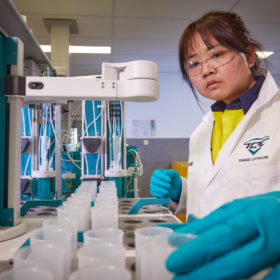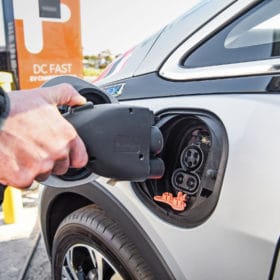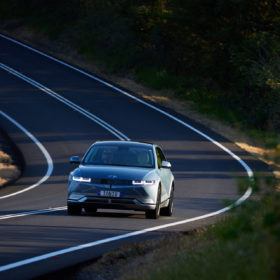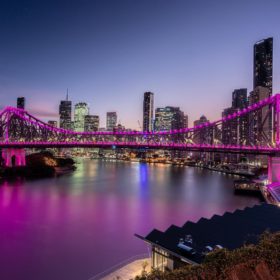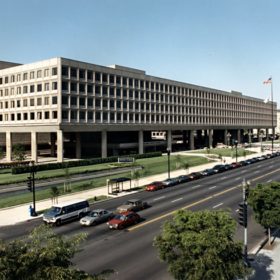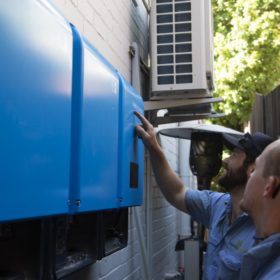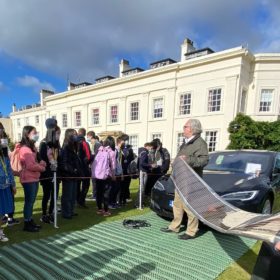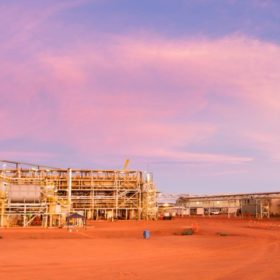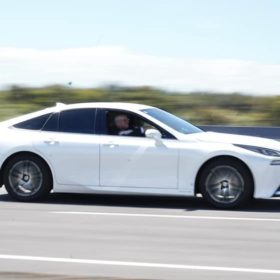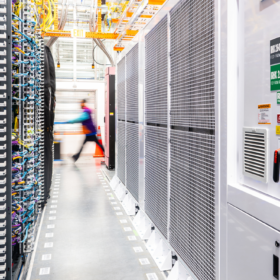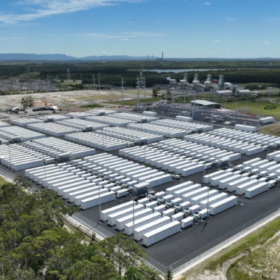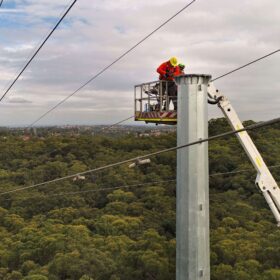IGO-Tianqi JV claims ‘Australian first’ lithium milestone
Australian miner IGO is claiming an Australian first in its joint venture with China’s Tianqi Lithium after producing battery grade lithium hydroxide, a key component in rechargeable battery technology, at its Kwinana refinery in Western Australia.
New Zealand unveils multibillion-dollar climate plan, comes under attack for ‘staggering’ omission
New Zealand’s government this week unveiled its plan to cut emissions and fund the clean energy transition, featuring policies like a ‘scrap and replace’ scheme to incentivise electric vehicles and funding for electrifying industry. The NZ$2.9 billion (AU$2.6 billion) plan has received mixed reviews, with Greenpeace saying it has overlooked the country’s most glaring problem.
EV policy should be front and centre this election, but its fallen by the wayside
It’s disappointing that EV adoption policy in Australia has been put on the back-burner this election, writes Des Hang, CEO and co-founder of Carbar. The concern is that action on this issue will be slow regardless of who gets into power, simply because it’s not generating as much buzz as it should during the campaign.
WA introduces $3,500 EV rebates from today
From today, Western Australians will be able to claim a $3,500 rebate to buy a new electric or hydrogen fuel cell vehicle. The announcement comes as part of the state government’s $60 million Clean Energy Car Fund.
Solar-backed electrification of city tipped to save $3.9 billion
A plan to “rewire” one of Australia’s largest cities by electrifying the region’s homes and vehicles and powering them with solar energy would save the average household almost $5,000 a year, generate more than 24,000 jobs and provide an overall annual economic benefit of approximately $3.9 billion.
US government announces $4.4 billion of funding for battery manufacturing, processing, recycling
US$3.1 billion (AU$4.4 billion) is available to increase production of American-made batteries, with a separate US$60 million (AU$85 million) to support second-life applications for used EV batteries, along with development of processes for recycling materials back into the battery supply chain.
Over half of Australian solar installers move into storage as top industry brands named
The amount of solar installers offering storage solutions grew considerably in 2021 and promises to surge again this year, according to an annual survey by EUPD Research. The research centre has also released the top three 2021 brands for solar modules, inverters and storage in the Australian market, offering insights into where companies are buying equipment and which segments are seeing the most growth.
Printed solar panels developed in Newcastle to power Tesla’s journey around Australia
Commercially printed solar cell technology developed by the University of Newcastle is being put to the test to power an electric vehicle’s 15,097 kilometre journey around the entire coastline of Australia.
Construction begins on Lynas’ rare earths refinery in Western Australia
In the second piece of rare earths news this month, construction has begun on Lynas Rare Earths’ new processing facility in Kalgoorlie. The refined products are used in batteries and other renewable technology, with Lynas moving the processing it currently does in Malaysia onshore for the first time.
10 solutions to Australia’s foreign fuel dependence
Over 90% of Australia’s fuel is imported – something recent geopolitical events have illustrated is a serious vulnerability. This issue was the focus of an emergency fuel security summit held yesterday in Sydney. The event was attended by a number of industry leaders and independent members and candidates who put forward solutions to tackle the devolving situation.
